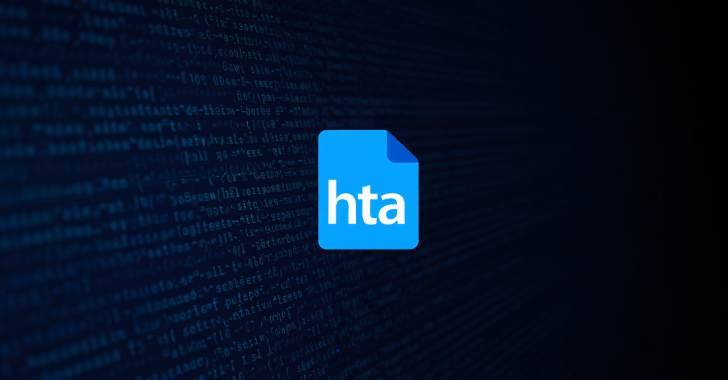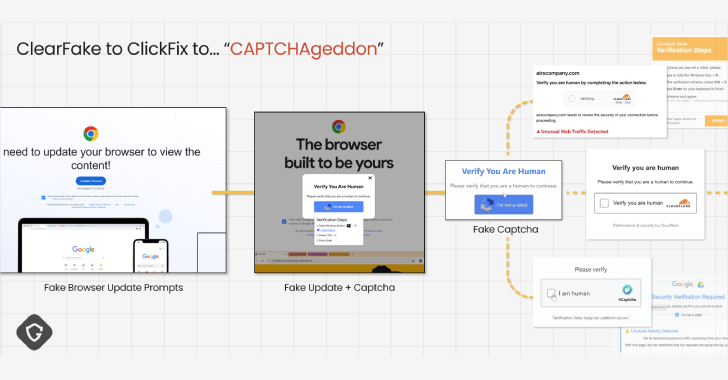
How Privacy Compliance Can Help Keep Your Company Secure
In an increasingly digital world, the security and privacy of data are paramount concerns for every organization. For many businesses, these two concepts are inextricably linked. Recent incidents, including large-scale data breaches and controversial data sharing, have brought the importance of privacy compliance into sharper focus. But what is less frequently discussed is how ensuring privacy compliance can actually enhance the overall security of an organization. Here’s why:
- Strengthened Data Management
When a company invests time and resources in privacy compliance, it usually involves a deep dive into their data management practices. This often leads to a better understanding of where sensitive data is stored, how it’s accessed, and who has access to it.
A rigorous data mapping process can uncover unused or forgotten databases, redundancies, or even unknown storage of personal data. When a company knows precisely where their data resides, they can better secure it and ensure only necessary personnel have access.
- Updated Security Measures
Regulations like the General Data Protection Regulation (GDPR) or the California Consumer Privacy Act (CCPA) have specific requirements concerning data security. Complying with such regulations often means that a company must have up-to-date security measures in place. This might include encryption, multi-factor authentication, or other advanced security protocols.
When companies undertake the process of updating their security infrastructure for privacy compliance, they’re fortifying their defenses against potential breaches or cyberattacks.
- Regular Audits and Assessments
Privacy regulations require businesses to periodically assess and audit their data protection practices. Such regular check-ins ensure that companies remain proactive in identifying potential vulnerabilities and addressing them before they can be exploited.
These audits also foster a culture of continuous improvement, where companies are always looking for ways to better their data protection strategies and stay one step ahead of cybercriminals.
- Employee Training and Awareness
One of the most significant risks to any company’s security is human error. Phishing scams, poor password management, or even simple mistakes like leaving a logged-in computer unattended can all lead to significant breaches.
Privacy compliance regulations recognize this risk. As such, many mandate regular employee training on data protection. An informed and educated workforce is a company’s first line of defense against many of the most common cyber threats.
- Vendor and Third-party Management
A company’s data is not only at risk from its own practices but also from the practices of its vendors and third-party partners. Many recent high-profile data breaches occurred due to vulnerabilities in third-party providers.
Privacy compliance means that companies must also ensure that their partners handle data with the same rigor and care. This often involves vetting, contractual obligations about data security, and regular check-ins. As a result, the whole supply chain becomes more secure.
- Reputation and Trust
In the age of information, a company’s reputation is fragile. Data breaches or perceived mishandling of sensitive data can erode consumer trust rapidly. On the other hand, showing a strong commitment to privacy compliance can bolster a company’s reputation. Customers and clients are more likely to trust (and do business with) a company they believe is looking out for their best interests.
Moreover, in the event of a breach, regulators might be more lenient with companies that can demonstrate a genuine commitment to privacy and security. This can translate to fewer fines and less severe legal consequences.
- Legal and Financial Ramifications
Privacy non-compliance can be costly. The financial penalties for failing to adhere to data protection regulations can be steep. And that’s aside from the potential lawsuits and legal fees a company might face if their negligence leads to a breach. By ensuring privacy compliance, companies are not only enhancing their security but also protecting their bottom line.
Conclusion
In the modern digital landscape, the intersection of privacy and security is a crucial area of concern. Privacy compliance, far from being just another administrative hurdle, offers businesses a blueprint for robust data protection. By aligning privacy and security goals, companies can ensure they’re not only adhering to the letter of the law but also adopting best practices that will protect them and their customers in an ever-evolving cyber-threat landscape.
Contact Cyber Defense Advisors to learn more about our Privacy Compliance solutions.





